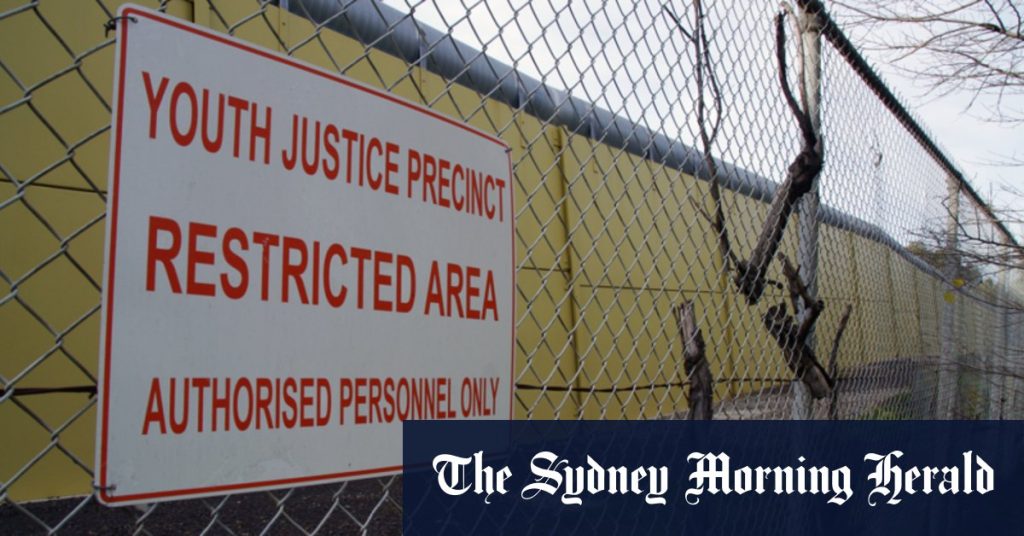Children coming from disadvantaged backgrounds who are detained in isolation are at risk of significant psychological harm, according to experts. The lack of consistent intensive support and government investment in rehabilitation is leading to an increase in offending among these children. There is a need for a concerted effort to address the needs of repeat offenders so they can be put on a productive path. However, the Queensland government has introduced controversial laws allowing children to be kept in police watch houses and adult prisons, leading to concerns about the rising youth incarceration rate.
Youth workers are raising concerns about the conditions in which children are being detained, particularly in police watch houses where they can spend days isolated before being transferred to detention centers. Inadequate staffing at some facilities is hindering efforts to provide education programs and support for these children, leading to increased anger and frustration among the detainees. Some advocate groups are pushing for a tougher stance on youth crime, but youth workers stress the importance of rehabilitation and emotional skill development to prevent further harm to the community.
The Queensland government is planning to almost double the capacity of the youth detention system by building new facilities, but youth workers argue that simply adding more detention centers won’t address the root causes of youth offending. Indigenous children are disproportionately represented in the youth detention system, with conditions in some facilities being deemed as inhumane and internationally shameful. Experts warn that the prolonged isolation of children in detention can have serious negative impacts on their mental health and behavior, emphasizing the need for more proactive rehabilitation and support measures.
The lack of resources and workforce in youth detention facilities is hindering efforts to provide adequate support for vulnerable young people. Without proper rehabilitation and emotional skill development, releasing children who have been detained back into the community may result in them repeating their offending behavior. There is a call for a more holistic approach to addressing youth crime, one that focuses on rehabilitation and prevention rather than simply punitive measures. With concerns growing about the conditions in which children are being detained and the lack of investment in rehabilitation programs, there is an urgent need for government action to address these issues.


